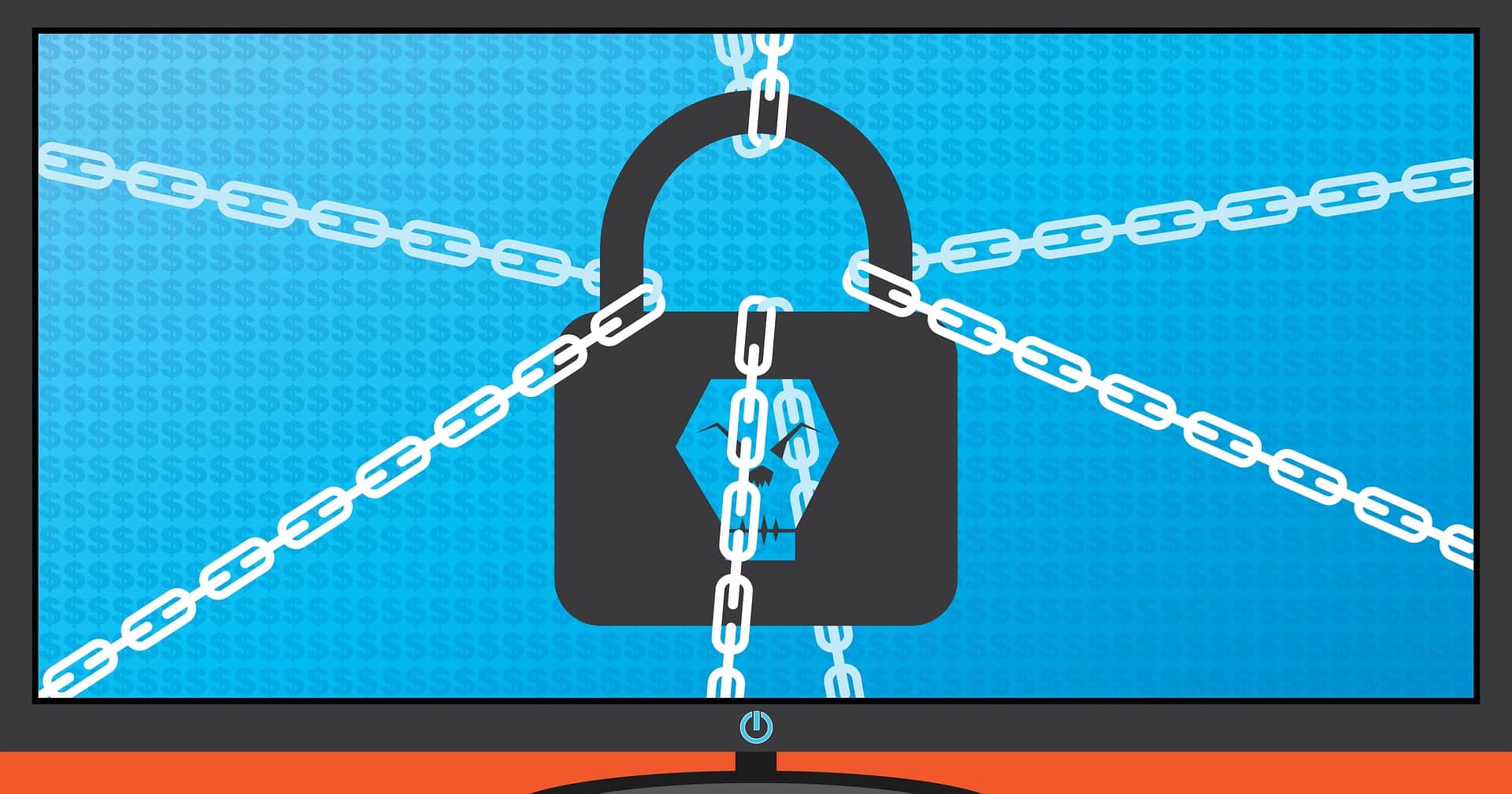
Everyone running a business in this digital age faces the issue of cybersecurity, including large corporations, government institutions, and even small and micro businesses. In fact, various kinds of research have shown that small businesses are more vulnerable to cyberattacks. This is because most of them need to implement the required resources and measures to defend themselves.
Cybersecurity is a critical factor for digital businesses. With the cyber landscape evolving you may struggle with getting started, but this guide will be helpful.
What is Cybersecurity?
Cybersecurity provides a secure covering for your systems, networks, and programs from digital attacks. Usually, these attacks are directed to access sensitive information, change it, or destroy it. And the hackers’ end goal is to extort money from their victims.
Research has repeatedly shown that hackers find it much easier to go after small businesses than big ones. When you have efficient cybersecurity measures in place, you’ll be able to protect yourself from these attacks.
But then, Why Do Cybercriminals Go After Small Businesses?
When it comes to kickstarting your own business, you may be pressed with many urgent decisions that’ll make you push cybersecurity on the side. And unless you build your defenses deliberately, you’ll likely have several entry points open that hackers can leverage.
A report has shown that the average cost of a data breach increased globally from $4.24 million in 2021 to $4.35 million in 2022. A figure that is the highest recorded so far.
Small businesses are easy prey for hackers since they have more digital assets to target than regular consumers but with less security than bigger businesses. And in addition to the cost of implementing proper defenses, small businesses are left with the condition that throws them open to intrusions.
As security breaches can cause serious problems for small businesses and may even result in final closure, It is therefore important to provide adequate measures to secure your business. Note that small businesses can also merely be a stepping stone for hackers to break into larger businesses’ defenses.
Hence, cybersecurity is a critical factor for every business.
Common Attacks on Networks
The general intention of hackers is to gain access to your company’s sensitive data, such as credit card details, etc. Once they can get sufficient data to show your identity, they can exploit it in several ways.
So, in combating cyberattacks, it is crucial to understand what forms of attacks are deployed by cyberthugs.
Distributed Denial-of-Service (DDoS): Attackers can overload your server with unwarranted requests to shut down your network system or website, thereby denying your company its usual daily operations.
Advanced Persistent Threat (APT): It is a gradual process of breaking into a network through multiple openings in the security infrastructure to avoid being detected. And once the hacker can gain entry, they try to stay anonymous while establishing their foothold within the system. Sometimes, when a breach is uncovered and fixed, the hacker may have created other avenues that they can leverage to continue plundering the system.
Phishing: It is more or less the most used form of attack, which involves using login credentials, credit card information, and other sensitive details through platforms disguised as legitimate and sent through emails. Spear phishing is an advanced phishing attack that requires an attacker to know certain potential targets deeply, gain their trust, and launch an attack on their network.
Malware: Malicious software, also malware, is a general term used to describe any form of a malicious attempt to cause damage to a network or gain unwarranted access to its resources. Some popular kinds of malware attacks include ransomware, trojans, and spyware.
Must-Have Cybersecurity Solutions For Businesses
Firewalls
Firewalls, along with a Zero Trust security implementation, have been a long-used approach to filter traffic going into a network. The security solution monitors incoming and outgoing network traffic following already laid-down rules to separate your secure internal network from the insecurity and uncertainties of the web. They may also offer additional functionality, such as a virtual private network (VPN).
Antivirus Software
Securing your computer and network resources begins with installing antivirus software on your systems. They help to detect, scan, remove viruses and block malware from infiltrating your network. In addition, most modern antivirus solutions can prevent keyloggers, trojan horses, rootkits, spyware, and phishing attacks.
Password Management
Many recent attacks have been successful due to weak passwords used by the targets. In fact, it is responsible for 76% of data breaches. Use password management systems to secure your data against password attacks instead of storing your passwords in one file. Even when one of your accounts gets compromised, you can quickly change all your passwords to rescue other accounts and prevent further damage to your online resources.
Patch Management
All forms of cyberattacks are carried out, taking advantage of vulnerabilities in network security. It could be human errors or software products. This is why most software is updated from time to time to fix bugs and vulnerabilities in the software. However, using outdated software versions can put your business at a huge security risk.

